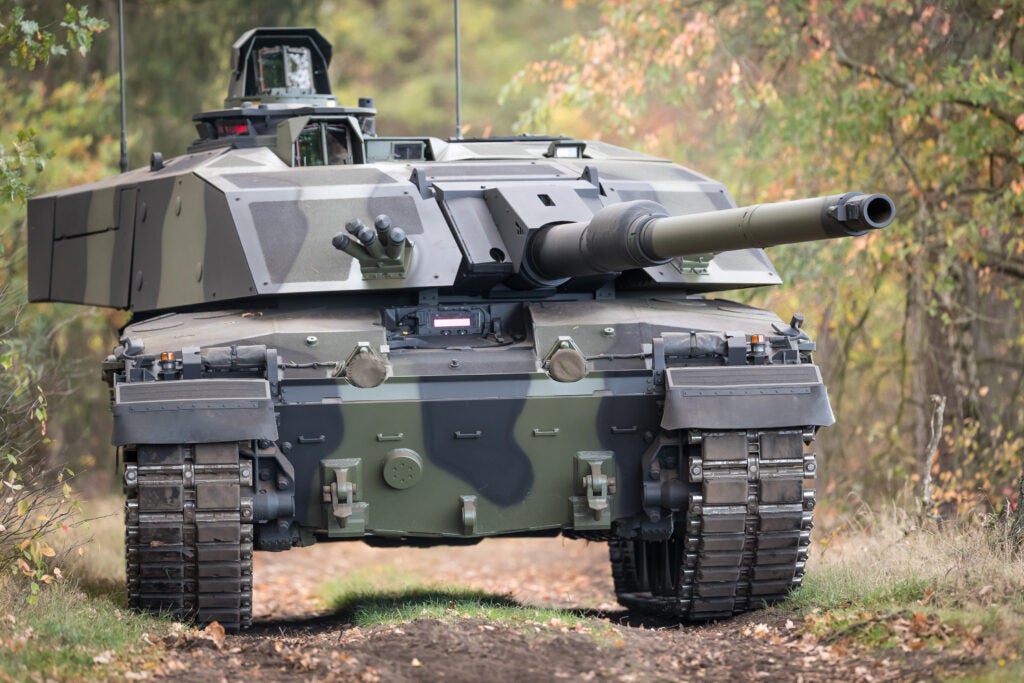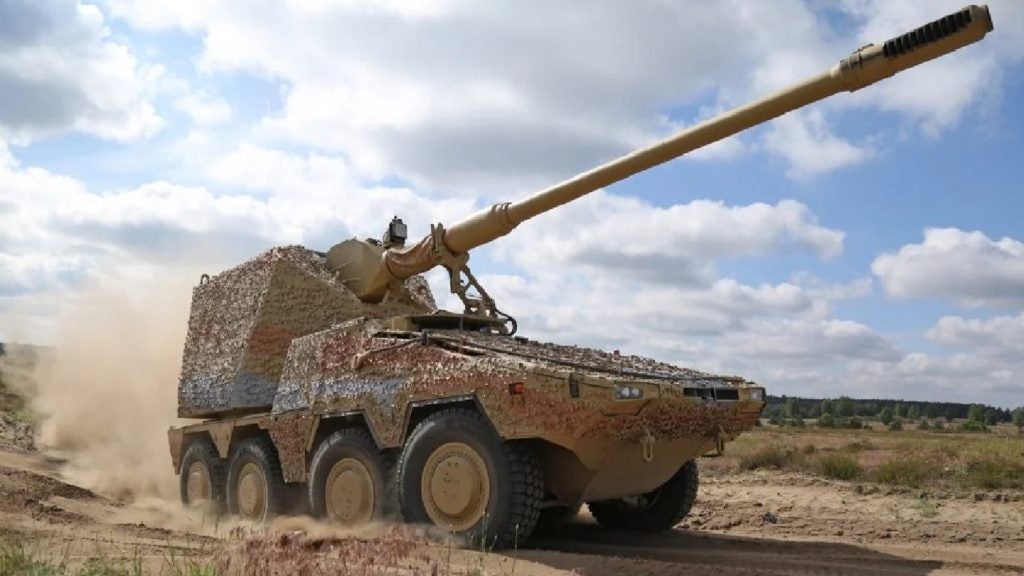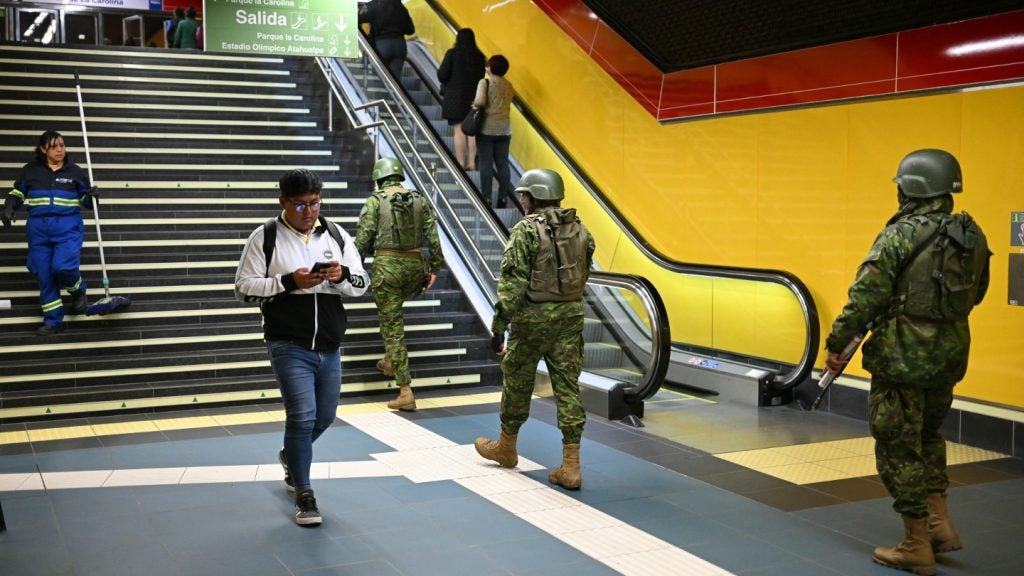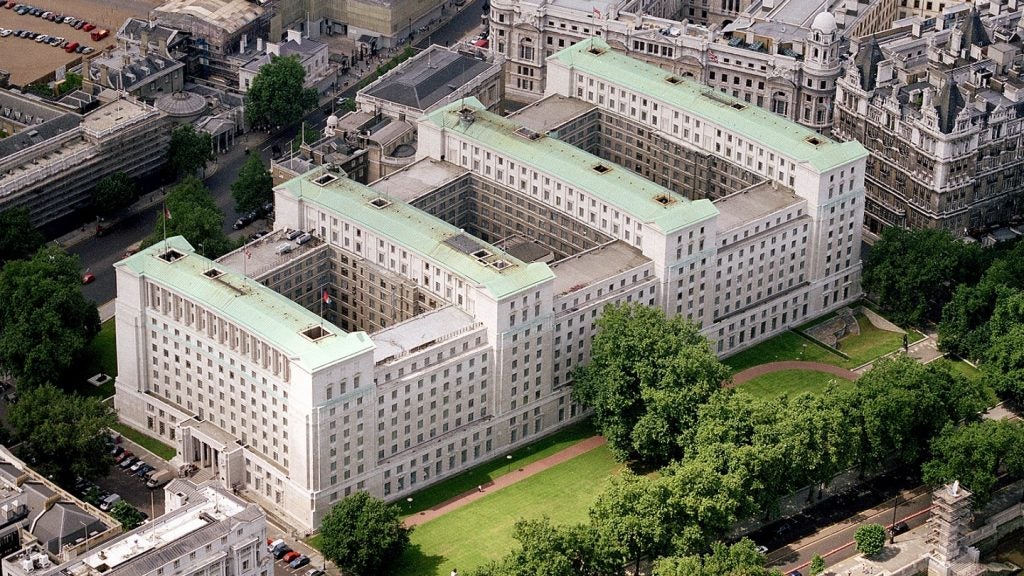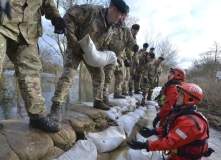

Last February, two thousand fully-equipped members of the British armed forces descended on locations in the Thames Valley, Surrey and the West Country. But it wasn’t the beginning of a military coup, nor even an extensive exercise. After one of the wettest winters on record left at least five people dead and nearly 6000 homes and businesses flooded, these troops came armed with sandbags, pumps and engineering equipment to contribute to local flood-relief efforts and help prevent further flooding.
The winter storms of 2013 to 2014 began with the St Jude storm at the end of October and assailed the country with record-breaking levels of rainfall, with many parts of the UK seeing barely a dry day until the beginning of March. While no parts of the country remained entirely unaffected, southern England was worse hit than other regions, notably the Somerset levels, the Thames valley and coastal areas. It was not just encroaching water the residents had to deal with; up to 80,000 homes and business were left without electricity over the coldest months of the year and up to 450,000 suffered shorter power cuts.
The military were not called in to help out until mid-February, when personnel from the Army Reserve, Royal Marines and Royal Navy all participated. Troops from 39 Engineer regiment helped out on Chesil Beach in Dorset, and engineers from 53 Field Squadron worked alongside the Environment Agency using their military bulldozers, diggers and excavators to help rebuild the flood defences.
Reservist members of 7th Battalion The Rifles joined Royal Navy crewmembers from HMS Sultan and HMS Collingwood to haul 6,000 sandbags into place to dam waters threatening properties in Windsor. And in Reading, the reservists teamed up with members of Berkshire Fire and Rescue Service to dam a breach in the Kennet and Avon Canal that threatened an electrical substation.
See Also:
Many affected and newly homeless residents felt that it was too little, too late, complaining that the government had dragged its heels over asking for military intervention and that relief efforts had made slow progress until troops arrived on scene.
How well do you really know your competitors?
Access the most comprehensive Company Profiles on the market, powered by GlobalData. Save hours of research. Gain competitive edge.

Thank you!
Your download email will arrive shortly
Not ready to buy yet? Download a free sample
We are confident about the unique quality of our Company Profiles. However, we want you to make the most beneficial decision for your business, so we offer a free sample that you can download by submitting the below form
By GlobalDataCould more have been done sooner?
But what was the process by which the military got involved, and was there anything that could have been done to speed up the process? According to defence secretary Philip Hammond, the problem was down to local councils being unwilling to accept military aid.
"We offered troops quite a long while ago to civil authorities who wanted them," he said in an interview on the BBC’s Andrew Marr show at the time the troops were deployed. "What we’ve done over the last 10 days is pushed them a bit more aggressively at several authorities."
Remotely operated bomb disposal robots have saved innumerable lives since their introduction in the 1970s.
The UK is not in a military government state so cannot impose help on national government or local councils until it is requested through a system known as Military Aid to Civil Authorities (MACA). MACA can only be provided as a last resort, when the civil authority does not have the capability to respond to the emergency or when the capability is there but cannot be deployed fast enough.
It is implemented through the gold-silver-bronze command system used by emergency services to respond to major incidents and disasters, with the Gold Commander being in charge of the entire operation from a remote location.
There were no such constraints hampering the efforts of the 10,000 members of the Army and Air National Guard who leapt into action to participate in rescue efforts and clean-up in the 13 states affected by super-storm Sandy in 2012.
When public criticism became impossible for the government to ignore, Prime Minister David Cameron took personal control over the relief efforts through chairing the government’s disaster committee, Cobra. Coordinating the military flood response at the Cobra meetings was Iraq veteran Maj Gen Patrick Sanders, assistant chief of the defence staff.
Describing the floods as an "almost unparalleled" natural crisis, Sanders appeared to take a covert dig at the delays in sending in troops, saying: "There’s more that we can do and we want to do more wherever we can make a difference, so please use us, that’s what we’re here for."
Lessons learned
As Britain slowly dries out under feeble spring sunshine, the chancellor has pledged £340m towards repairing and rebuilding UK infrastructure devastated by the winter floods and storms, and has announced a £200m fund to fix potholes and £140m for flood defences. But for those in flood-prone areas, this may not prove enough, unless the government also guarantees a much quicker review of whether and when to get the military involved.
For Hammond, the answer lies in getting the military involved at the highest level and at the earliest opportunity.
"I think putting military liaison officers into the gold commands so that they’re embedded in the system has been a major step forward," he said. "We’ll want to make sure in future that we do that at a very early stage in any emerging crisis."
This, alongside promises of improved flood defences, may prove of some assurance to homeowners still drying out the carpets in their now-unsellable houses. While the very nature of natural disasters is unpredictable, next time the military, at least, will be primed to expect the unexpected.
Follow Berenice Baker on Google+


.gif)

